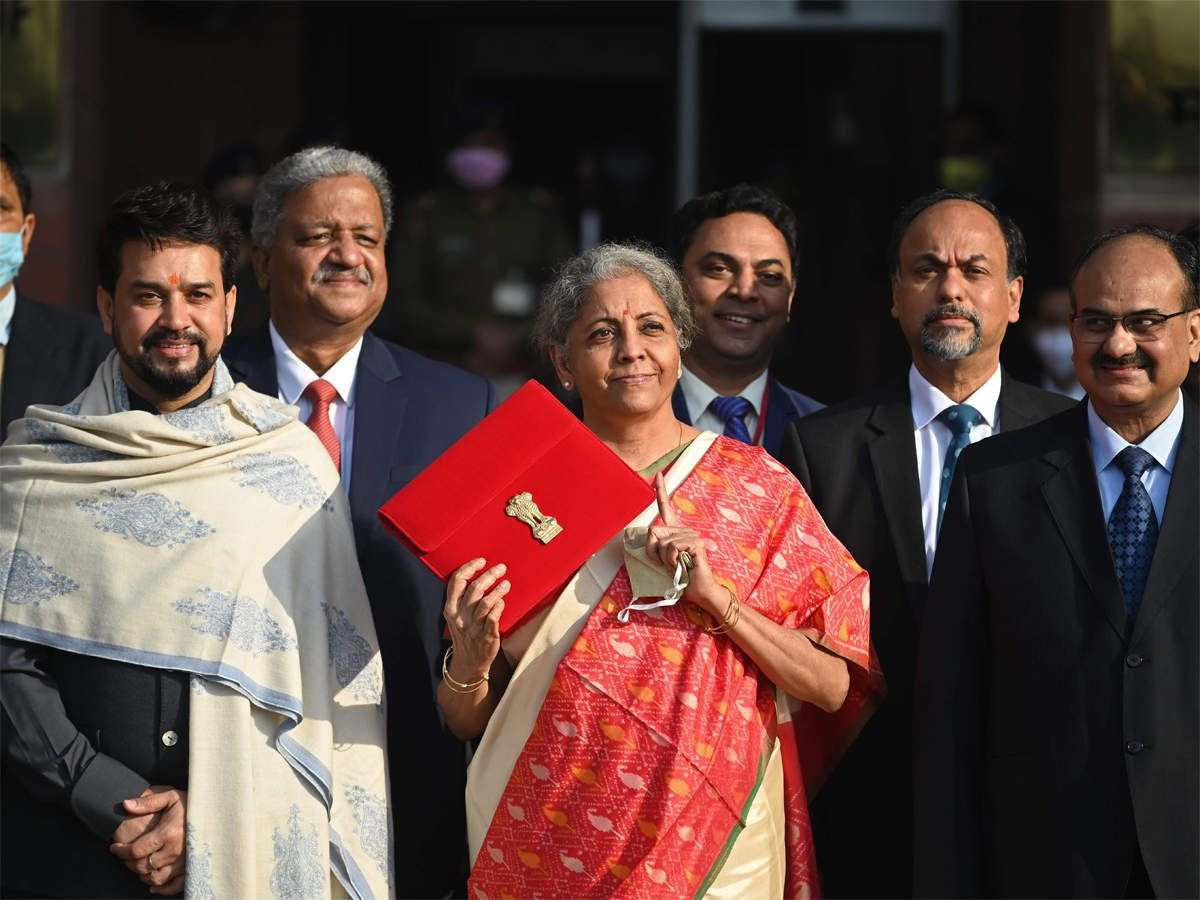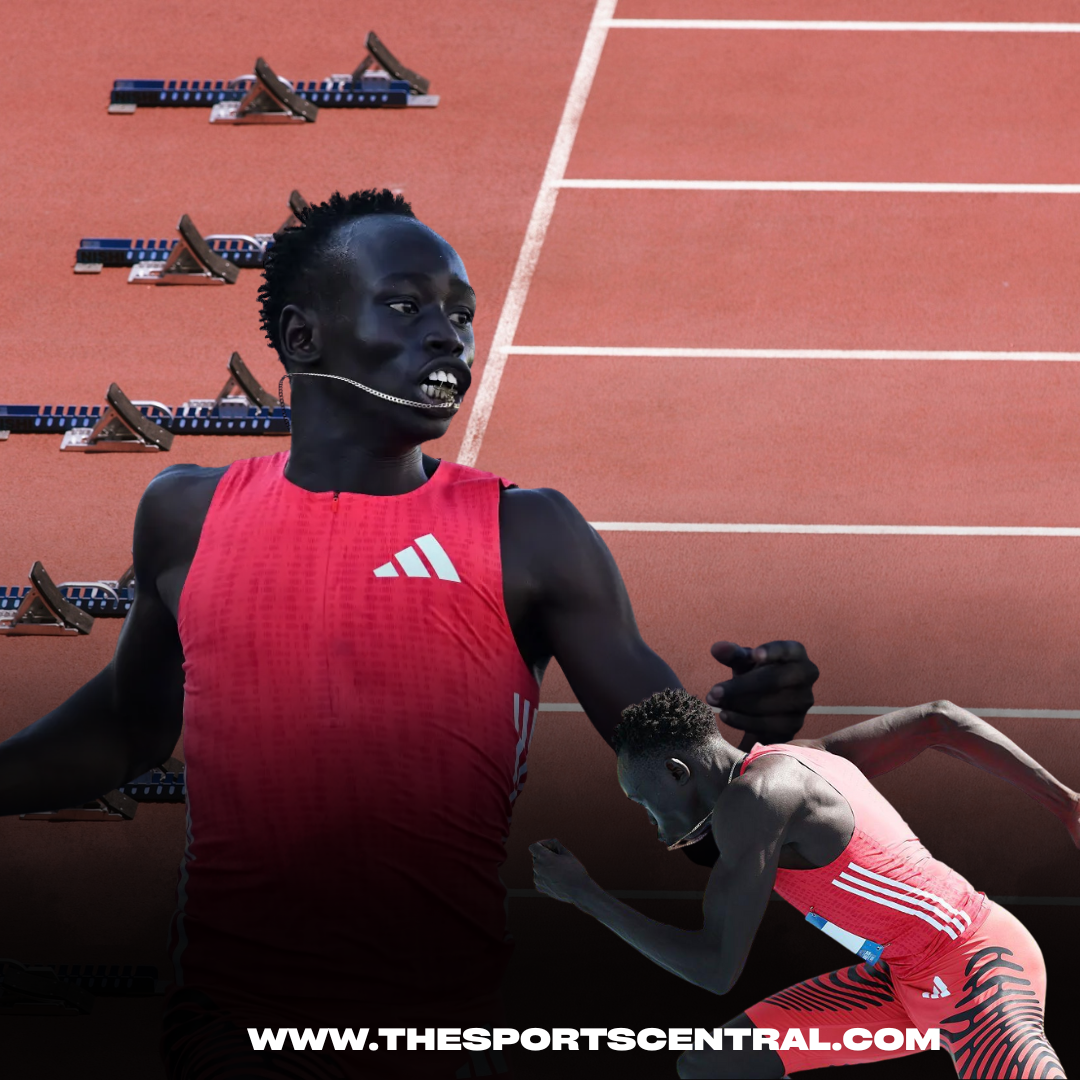India, a nation with a rich sporting culture and a growing ambition in the global sports arena, is set to make a significant move by bidding to host the 2030 Youth Olympics. This announcement marks a major step in India’s long-term aspiration to eventually host the 2036 Olympic Games. Union Sports Minister Mansukh Mandaviya’s recent declaration at the Olympic Council of Asia’s (OCA) 44th General Assembly has put India in the spotlight as it prepares to compete against other nations for the opportunity to host this prestigious international sporting event.
This article delves into India’s bid for the 2030 Youth Olympics, the significance of this move, the competitive landscape, the potential benefits and challenges, and how this endeavor aligns with India’s broader goal of hosting the 2036 Olympics.
India’s Bid for the 2030 Youth Olympics: A Bold Move
India’s decision to bid for the 2030 Youth Olympics is a strategic one. It is part of a broader vision to enhance the country’s profile as a global sporting destination. The Youth Olympic Games (YOG) are an international multi-sport event for athletes aged 15 to 18, organized by the International Olympic Committee (IOC). These games are held every four years, with staggered summer and winter events, consistent with the current Olympic Games format. Hosting the Youth Olympics is often seen as a precursor to hosting the main Olympic Games, as it demonstrates a country’s ability to organize a large-scale, international sporting event.
“Under the leadership of Prime Minister Narendra Modi, we are going to bid for the 2030 Youth Olympics, but our focus remains on hosting the 2036 Olympics,” said Union Sports Minister Mansukh Mandaviya. His statement reflects India’s dual approach: to establish itself as a credible host for the Youth Olympics and use that experience to bolster its bid for the 2036 Olympics.
The Significance of Hosting the Youth Olympics
The Youth Olympic Games, initiated in 2010, are more than just a sporting event. They are a platform for cultural exchange, education, and promoting Olympic values among young athletes. Hosting the Youth Olympics would bring numerous benefits to India:
1. Enhancing India’s Global Sporting Image
Hosting the 2030 Youth Olympics would significantly boost India’s global sporting profile. The event would provide a platform to showcase India’s organizational capabilities, infrastructure, and passion for sports. This could pave the way for future bids for larger events, including the 2036 Olympics. It would also signal to the world that India is serious about becoming a key player in international sports.
2. Boosting Sports Infrastructure
Bidding for the Youth Olympics would necessitate upgrading existing sports infrastructure and building new facilities to meet international standards. This would not only benefit athletes but also enhance sports facilities for the general public, promoting a culture of fitness and physical activity across the country.
3. Economic Benefits
Hosting an international sporting event like the Youth Olympics could bring significant economic benefits. It would attract tourists, create jobs, and stimulate investments in infrastructure, hospitality, transportation, and other sectors. The influx of international visitors and media attention would boost local businesses and provide long-term economic gains.
4. Promoting Sports Among Youth
The Youth Olympics are designed to inspire young athletes and encourage them to pursue sports seriously. Hosting the event would have a profound impact on India’s young population, motivating them to engage in sports and pursue it as a career. It could also lead to a surge in grassroots-level sports development, as more young people would be inspired to take up sports.
5. Strengthening Diplomatic Relations
Hosting the Youth Olympics would allow India to strengthen its diplomatic relations with other countries through sports diplomacy. The event would provide a platform for cultural exchange, mutual understanding, and fostering goodwill among nations, aligning with India’s broader foreign policy objectives.
The Competitive Landscape: India’s Rivals for the 2030 Youth Olympics
India’s bid for the 2030 Youth Olympics faces stiff competition from several other countries, including Peru, Colombia, Mexico, Thailand, Mongolia, Russia, Ukraine, and Bosnia and Herzegovina. Each of these countries brings its unique strengths and challenges to the table.
1. Peru, Colombia, and Mexico
Peru, Colombia, and Mexico have been making strides in the global sports arena and have successfully hosted international sporting events in recent years. Mexico, for example, has experience hosting major events, including the 1968 Summer Olympics and the FIFA World Cup in 1970 and 1986. Colombia and Peru have also hosted international events like the FIFA U-20 World Cup and the Pan American Games, respectively. These countries have a strong sporting culture and the infrastructure required to host large-scale events, making them formidable competitors.
2. Thailand and Mongolia
Thailand and Mongolia are emerging players in the sports world, with growing ambitions to establish themselves as global sporting hubs. Thailand has experience hosting events like the Asian Games and the Southeast Asian Games, and it has invested heavily in sports infrastructure. Mongolia, on the other hand, has shown interest in hosting international events to boost its global profile and economic growth. Both countries could leverage their geographic location and growing tourism industries to strengthen their bids.
3. Russia and Ukraine
Russia and Ukraine, despite their current geopolitical tensions, are also in the fray. Russia, with its vast resources and experience in hosting mega-events such as the 2014 Winter Olympics in Sochi and the 2018 FIFA World Cup, remains a strong contender. Ukraine, while facing significant challenges due to its ongoing conflict with Russia, could use the opportunity to showcase its resilience and commitment to peace and sports.
4. Bosnia and Herzegovina
Bosnia and Herzegovina, a relatively smaller nation, might be seen as an underdog in this race. However, hosting the Youth Olympics could provide a significant boost to its tourism and economy. It would also serve as a platform for rebuilding and fostering unity in a country that has faced internal strife and conflict in the past.
India’s Competitive Edge: Why India Could Win the Bid
While the competition is fierce, India has several factors working in its favor:
1. Experience in Hosting Major International Events
India has successfully hosted several major international sporting events in recent years, including the 2010 Commonwealth Games, the 2017 FIFA U-17 World Cup, and the 2023 ICC Cricket World Cup. These events have demonstrated India’s ability to organize and manage large-scale events, showcasing its infrastructure capabilities and commitment to sports.
2. Government Support and Strategic Vision
India’s bid is backed by strong government support, with Union Sports Minister Mansukh Mandaviya and BJP President J.P. Nadda emphasizing the government’s commitment to making India a global sporting destination. Under the leadership of Prime Minister Narendra Modi, India has been actively promoting sports and investing in sports infrastructure. This government backing provides a strong foundation for India’s bid and signals a clear strategic vision to the International Olympic Committee (IOC).
3. A Large and Passionate Youth Population
India has one of the largest youth populations in the world, with millions of young people passionate about sports. Hosting the Youth Olympics in India would align with the event’s goal of promoting sports among young athletes. India’s demographic advantage could play a crucial role in its bid, as the IOC looks to engage new audiences and promote youth participation in sports.
4. Economic Potential and Market Size
India’s growing economy and large market size make it an attractive destination for international sporting events. Hosting the Youth Olympics would provide opportunities for international sponsors, broadcasters, and businesses to tap into the Indian market. This economic potential could be a significant factor in favor of India’s bid.
5. Cultural Diversity and Hospitality
India’s rich cultural heritage and diversity, combined with its renowned hospitality, make it an appealing choice for international visitors. The Youth Olympics is not just about sports; it is also about cultural exchange and fostering mutual understanding among young people from different countries. India’s unique cultural diversity would provide a vibrant backdrop for the event, enhancing its appeal to the IOC.
Challenges India Might Face in Its Bid
While India has several advantages, it also faces certain challenges in its bid to host the 2030 Youth Olympics:
1. Infrastructure Gaps
While India has made significant progress in building sports infrastructure, there are still gaps that need to be addressed. Hosting the Youth Olympics would require substantial investment in upgrading existing facilities, building new venues, and improving transportation and accommodation infrastructure. Ensuring that all facilities meet international standards will be a crucial factor in securing the bid.
2. Regulatory and Bureaucratic Hurdles
India’s regulatory environment and bureaucratic processes can sometimes be cumbersome, leading to delays in project approvals and execution. Streamlining these processes and ensuring efficient coordination among various government agencies, local authorities, and stakeholders will be essential to present a compelling bid to the IOC.
3. Competition from Other Countries
As highlighted earlier, India faces stiff competition from other countries, many of which have experience hosting international events and possess strong sporting infrastructures. India will need to differentiate its bid by emphasizing its unique strengths, such as its large youth population, cultural diversity, and economic potential.
4. Perception and Image Challenges
India will also need to address perception challenges related to issues like pollution, traffic congestion, and safety. The country must demonstrate its commitment to providing a safe, clean, and welcoming environment for athletes, officials, and visitors. Addressing these concerns proactively will be crucial in winning the confidence of the IOC and the international community.
How India is Preparing for the 2030 Bid
To strengthen its bid, India is likely to undertake several measures, including:
1. Upgrading and Expanding Sports Infrastructure
India will need to invest in upgrading existing sports facilities and constructing new venues to meet international standards. This includes building state-of-the-art stadiums, training centers, and accommodation facilities. The government and private sector are expected to collaborate in this effort, leveraging public-private partnerships to accelerate infrastructure development.
2. Engaging with the International Olympic Committee (IOC)
India will need to engage actively with the IOC to understand its requirements and priorities for hosting the Youth Olympics. This includes fostering relationships with key stakeholders, participating in IOC events and discussions, and showcasing India’s readiness to host the event.
3. Promoting the Bid Globally
India will need to launch a global promotional campaign to build support for its bid. This could involve engaging with international sports federations, promoting the bid at major international events, and leveraging India’s diaspora and diplomatic networks to rally support.
4. Ensuring Sustainable and Inclusive Games
Sustainability and inclusivity are key considerations for the IOC when selecting a host city for the Youth Olympics. India will need to demonstrate its commitment to hosting a sustainable event by incorporating green technologies, reducing carbon emissions, and ensuring accessibility for all participants. Emphasizing the social and economic benefits of hosting the Youth Olympics, such as promoting youth participation in sports and fostering community development, will strengthen India’s bid.
Looking Ahead: The Road to the 2036 Olympics
While hosting the 2030 Youth Olympics is a significant goal, it is also part of India’s broader ambition to host the 2036 Olympics. By successfully hosting the Youth Olympics, India could establish itself as a credible and capable host, building the confidence needed to secure the rights to host the larger Olympic Games.
India’s journey toward hosting the 2036 Olympics will involve several steps:
- Building a Legacy of Sports Excellence: India will need to continue investing in sports infrastructure, promoting grassroots sports development, and nurturing talent across various disciplines. Building a legacy of sports excellence will enhance India’s reputation as a global sporting powerhouse.
- Strengthening Sports Governance: Effective governance and management of sports organizations will be crucial to demonstrating India’s readiness to host the Olympics. This includes fostering transparency, accountability, and professionalism in sports administration.
- Engaging with the Global Sports Community: Building relationships and fostering goodwill with the global sports community will be essential. India will need to actively participate in international sports forums, collaborate with other countries, and contribute to the development of sports worldwide.
Conclusion
India’s bid for the 2030 Youth Olympics represents a bold step toward realizing its dream of hosting the 2036 Olympics. While there are challenges to overcome, India’s strengths—its growing economy, large youth population, government support, and rich cultural heritage—position it well to make a compelling case to the International Olympic Committee.
By leveraging these strengths and addressing its challenges, India can present a strong bid for the 2030 Youth Olympics, setting the stage for an even more ambitious goal: hosting the 2036 Olympic Games. As the country moves forward with its plans, it will be essential to engage with stakeholders, invest in infrastructure, and promote its vision on the global stage. If successful, hosting the Youth Olympics could mark a new chapter in India’s sporting journey, showcasing its capabilities and ambitions to the world.










